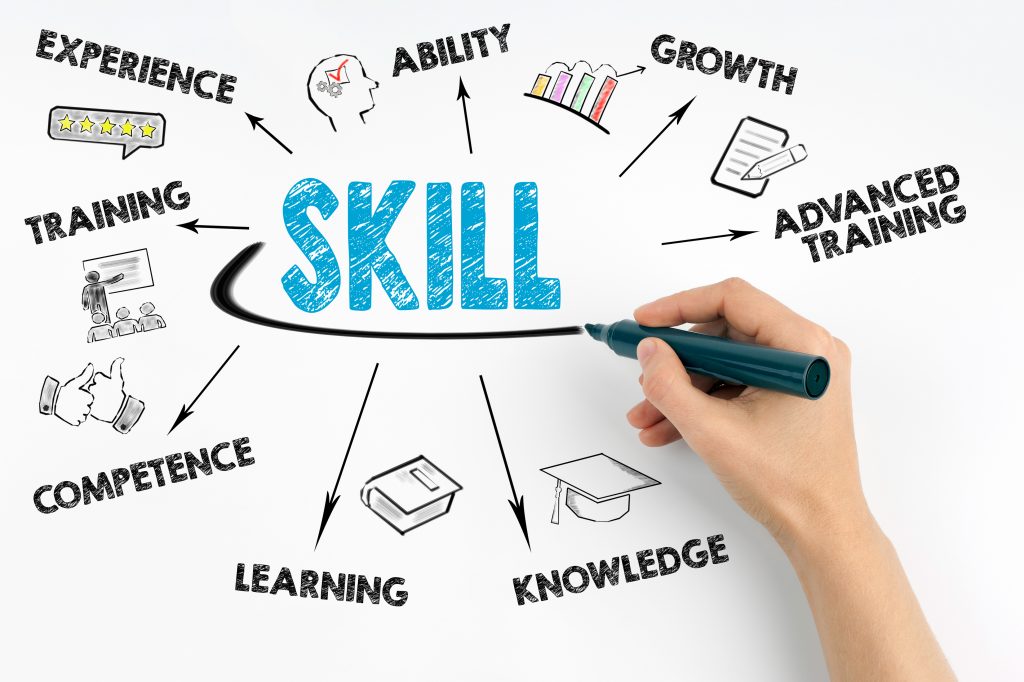
“You can have brilliant ideas, but if you can’t get them across, your ideas won’t get you anywhere.” – Lee Iacocca
Every success story starts with brilliant communication that captures the audience from the get-go. The American executive Lee Iacocca’s words are an excellent example of how effective communication and presentation skills can transform ideas into flourishing businesses.
A communication and presentation skills training course has gained utmost importance in today’s competitive corporate scenarios. From the highest rung of the ladder to the lowest, the exchange of data, both verbal and non-verbal, is critical. While many can design PowerPoint slides to engage an audience, the presenter’s oration genuinely keeps them interested. This article will answer what is communication and presentation skills and share tips on developing effective communication and presentation skills.
What Is Communication and Presentation skills?
A simple definition of communication would mean any data exchange, verbal or non-verbal, whereas a presentation is more about showcasing information. Communication and presentation often go hand-in-hand. Impactful communication can help present an idea effectively and impressively, where you can convert audiences into loyal consumers.
However, communication isn’t merely about speaking; it is an exchange. Therefore, listening and understanding what the stakeholders or customers are trying to say is crucial in communication. Likewise, knowing your audience and customising messaging and presentations is vital in ensuring you captivate your addressees.
Tips To Develop Engaging Communication and Presentation Skills
Recruiters today look for articulately spoken professionals to ensure the smooth flow of communication and effectiveness of presentations in the company. Several colleges in India, such as FORE School of Management, offer a communication and presentation skills training course for students and professionals to upskill themselves. Here are a few quick tips you can apply to develop your skills in communication and presentation.
- Practice makes perfect. While many of us shy away from practising in front of an audience, the best way to build confidence is to do just that. Practice your presentation in front of friends, family, or selected colleagues and work on their feedback.
- Remember, communication is not just written but also visual. Presentations are more effective when it includes more visual communication than written words, which the audiences have to read. Let the verbal messaging come from you as a part of the narration.
- Be ready to listen and allow questions from your audience. Welcome questions from your audience to make sure they are engaged in your presentation. Also, listen to what they are trying to tell you through those questions. Asking for feedback is another excellent way of improving your communication skills.
- Believe in your presentation. Your passion should flow through your presentation, encapsulate the audience, and make an impact. If your communication is dull and without zeal, your addressees will not be excited about your subject.
- Find your ‘wow’ factor. Your wow factor is your body language and how you impact the audience. From keeping the mood light to maintaining eye contact to simple gestures, your persona can make all the difference.
In Conclusion
Professionals in the new-age world need to continually polish their communication and presentation skills to stay relevant in the transforming industry. While practising is an excellent way to improve skills, seeking related and updated courses as offered by the FORE School of Management can help you push the envelope and be an effective communicator and presenter.
